The waste tire processing production line is a large-scale tire processing equipment that completely separates the three major raw materials contained in the tire: rubber, steel wire and fiber at one time at room temperature. The waste tires processing line can recycle tires with diameter range from 400 to 3,000mm according to customer requirements, with strong applicability, and the output can reach 400-60000kg/h. The production line runs at room temperature without any chemical additives and will not cause secondary pollution to the environment. The waste tires recycling production line adopts PLC control system, which is easy to operate and maintain, and has the characteristics of low energy consumption and long service life.
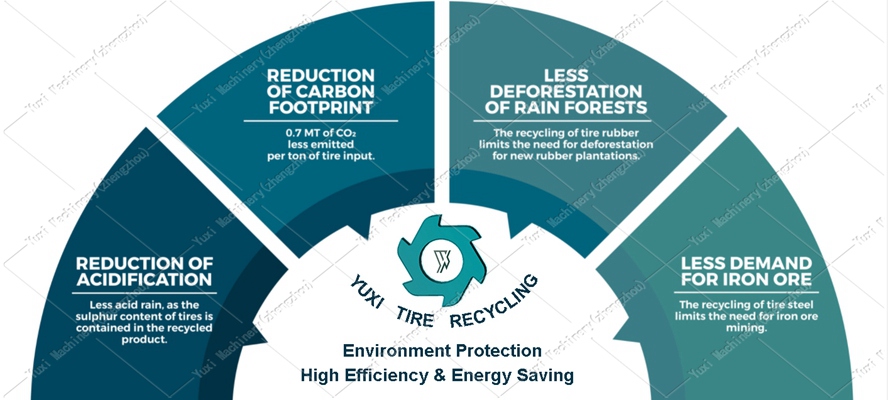
Generally, 1 ton of waste tires (rubber) can produce about 0.35 tons of carbon black, 0.45 tons of waste rubber oil, 0.12 tons of steel wire and some combustible gases through thermal cracking. Compared with disposal methods such as waste accumulation, landfill and incineration, thermal pyrolysis technology is safer and more environmentally friendly, saves energy, and has good comprehensive economy, which is in line with the development trend of the times.
However, although scrap tires are classified as "waste", their value cannot be underestimated. Waste tires contain a lot of metal and rubber, and have high recycling value. They are a misplaced resource with title of honor of "black gold". The disposal process of waste tires is relatively complicated, and different equipment will be selected for processing according to requirements on finished products and finished sizes.
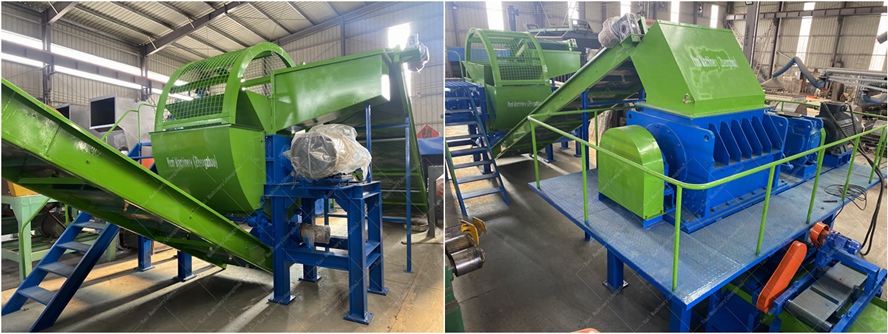
The Common Applications of Waste Tires Are Roughly as Follows:
1. Grinding to Powder
For grinding, after the tire is broken, it needs to be ground with a pulverizer to process the tire particles to different meshes. Rubber powder with different meshes can be used for different purposes, such as rubber track, reclaimed rubber, fine rubber powder, etc. This is also the processing process chosen by most manufacturers. Compared with the cost and profit, the benefit of grinding used tires to powder is relatively high.
2. Cracking oil refining
Steel wire is separated after tire shredding, and then cracking and refining is carried out. However, both the cost and the risk factor are high, therefore, it’s mostly used by large enterprises such as state-owned enterprises. Private enterprises can also consult local policies and cracking oil refinery manufacturers for evaluation.
3. Cement kiln incineration
Cement kiln mainly uses the combustion performance of tires to transform thermal resources. The disposal process is relatively simple, the tires only need to be broken into blocks.
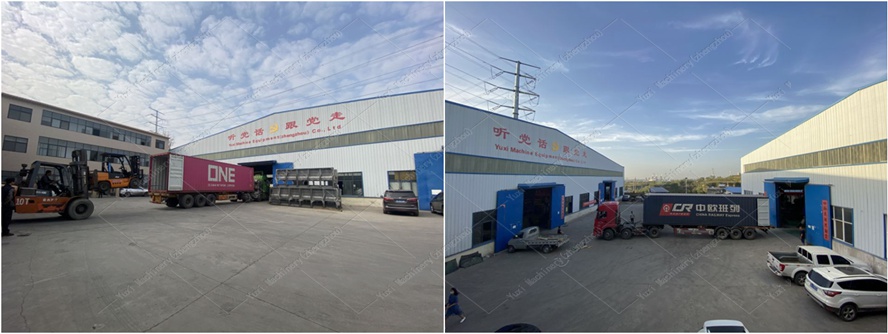
The waste tire processing line is mainly used for tire cracking oil refining. Before the waste tires are subjected to thermal cracking, they need to be crushed and separated steel wire to achieve the purpose of crushing and volume reduction and reducing transportation costs. The waste tires will be crushed and separated from the steel wire by the waste tire processing production line, and then turned into rubber blocks and sent to tire cracking and refining series equipment to decompose the waste tires into steel wire, carbon black and fuel oil, and solve the black pollution. Cracking oil refining not only creates green economic benefits, but also promotes the local environmental protection.
The core equipment commonly used in waste tire processing plant includes tire shredder, tire wire drawing machine, tire granulator, tire grinding mill, etc. According to different specific production requirements, the selection and use of equipment will be partially adjusted, to achieve best working efficiency.
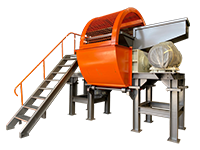 Shredding Machine
Shredding Machine
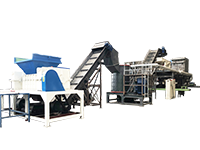 Waste Recycling Line
Waste Recycling Line
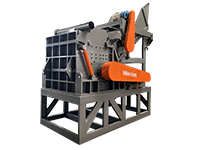 Optional Equipment
Optional Equipment



